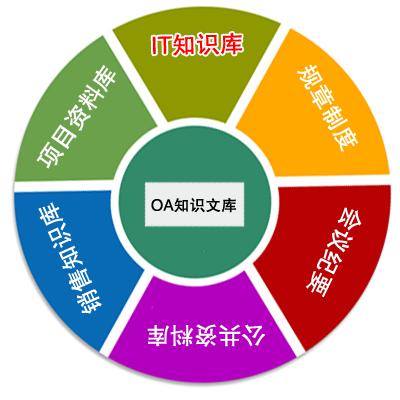Climate change is affecting every known society, especially for small farmers in Low-Income Countries because they depend heavily on rain, seasonality patterns, and known temperature ranges. To build climate change resilient communities among rural farmers, the first step is to understand the impact of climate change on the population. This paper proposes a Climate Change Vulnerability Assessment Framework (CCVAF) to assess climate change vulnerabilities among rural farmers. The CCVAF framework uses information and communication technology (ICT) to assess climate change vulnerabilities among rural farmers by integrating both community level and individual household level indicators. The CCVAF was instantiated into a GIS-based web application named THRIVE for different decision-makers to better assess how climate change is affecting rural farmers in Western Honduras. Qualitative evaluation of the THRIVE showed that it is an innovative and useful tool. The CCVAF contributes to not only the knowledge base of the climate change vulnerability assessment but also the design science literature by providing guidelines to design a class of climate change vulnerability assessment solutions.
翻译:气候变化正在影响着每个已知的社会,特别是低收入国家的小农户,因为他们严重依赖雨水、季节性模式和已知的温度范围。为了在农村农民中建立适应气候变化的社区,第一步是了解气候变化对人口的影响。本文件提议了一个气候变化脆弱性评估框架(CCVAF),以评估农村农民的气候变化脆弱性。CCVAF框架利用信息和通信技术(ICT),将社区一级和个人家庭一级的指标结合起来,评估农村农民的气候变化脆弱性。CCVAF被立即纳入一个基于GIS的网络应用程序,名为THRIVE,供不同决策者更好地评估气候变化对西洪都拉斯农民的影响。对THRIVE的定性评价表明,它是一个创新和有用的工具。CCVAF不仅有助于气候变化脆弱性评估的知识基础,而且有助于设计科学文献,为设计气候变化脆弱性评估解决方案提供指导方针。




